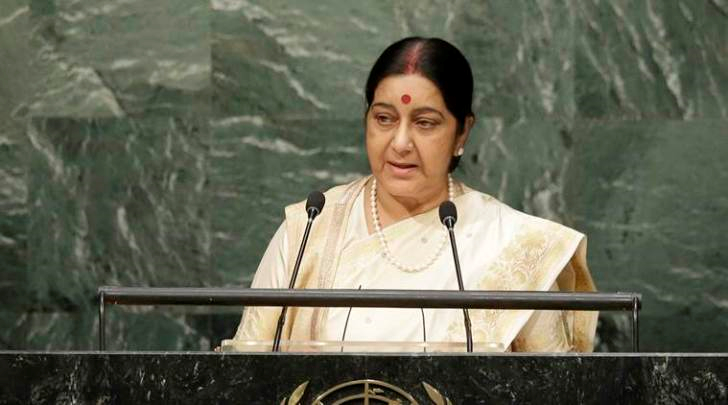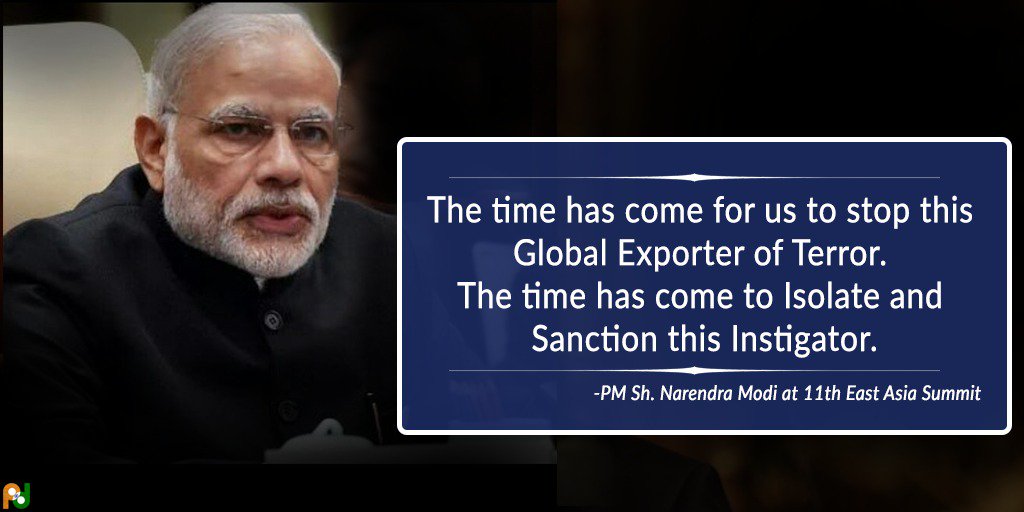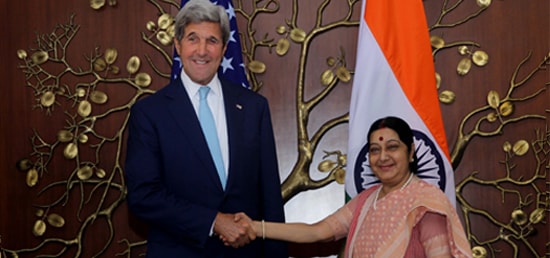
Kashmir terror attack: Building on global solidarity, India gears up to isolate Pakistan
The terror attack on an Army base in Uri in north Kashmir on September 18 has triggered worldwide sympathy and solidarity with India. The attack, which the Indian government believes to be the handiwork of Pakistani militant group Jaish e-Moahmmed and their handlers in the military establishment, has plummeted the India-Pakistan relations to a new low.
As India embarks on a multi-pronged strategy to diplomatically isolate Pakistan in the international arena, New Delhi should leverage expressions of solidarity to press these countries to sanction Pakistan for its brazen use of terrorism as a state policy. The attack has elicited strong condemnation from all P5 countries – permanent members of the UN Security Council – as well as key partners of India, including Japan, Germany and Afghanistan.
India’s External Affairs Minister Sushma Swaraj is set to highlight Pakistan’s dubious record in exporting terror and exhort the world leaders to go beyond the comfort zone to sanction and penalise this instigator of world terror. Besides speaking at the UNGA on September 26, Ms Swaraj is also expected to meet her counterparts from several countries and seek their support for countering Pakistan-origin terrorism.
World rallies behind India: Highlights
Here is a brief summary of reactions from key world capitals on the Uri terror attack:



